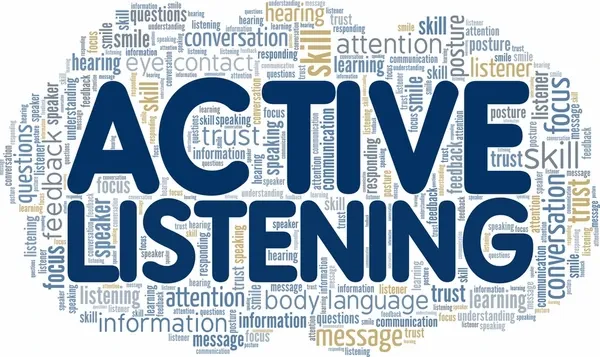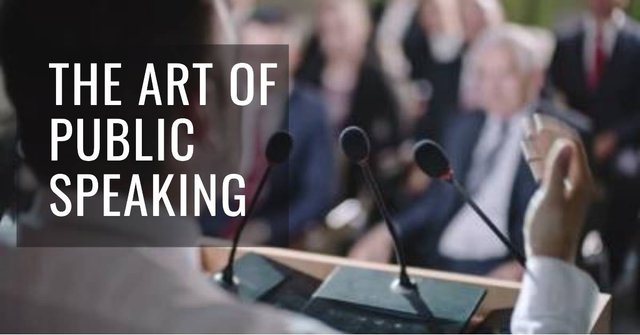Communication skills are essential in both personal and professional contexts. They involve the ability to convey information clearly, listen actively, and respond appropriately. Here’s an overview of key communication skills and tips to improve them:

- Active Listening:
What It Is: Paying full attention to the speaker, understanding their message, responding thoughtfully, and remembering what was said.
How to Improve:
Maintain eye contact and nod to show you’re engaged.
Avoid interrupting and wait for the speaker to finish before responding.
Summarize what the speaker said to ensure understanding.

- Clarity and Conciseness:
What It Is: Expressing your thoughts and ideas clearly without unnecessary details or jargon.
How to Improve:
Plan your message before speaking or writing.
Use simple, direct language.
Stick to the main points and avoid filler words like "um," "uh," or "you know."

- Confidence:
What It Is: Speaking with assurance and maintaining a strong, positive tone.
How to Improve:
Practice your speaking skills regularly.
Stand or sit up straight, and maintain good posture.
Believe in the value of what you’re saying.
- Empathy:
What It Is: Understanding and sharing the feelings of others.
How to Improve:
Listen to others without judgment.
Ask open-ended questions to encourage sharing.
Show that you understand by reflecting back what the speaker has said.
- Nonverbal Communication:
What It Is: Conveying messages through body language, facial expressions, gestures, and eye contact.
How to Improve:
Be aware of your body language and how it might be perceived.
Ensure your facial expressions match your words.
Use gestures to emphasize points but don’t overdo it.
- Feedback:
What It Is: Providing and receiving constructive criticism in a positive manner.
How to Improve:
Focus on specific behaviors or outcomes, not the person.
Use “I” statements to express your feelings and observations.
Be open to receiving feedback and view it as an opportunity to grow.
- Adaptability:
What It Is: Adjusting your communication style based on the situation and audience.
How to Improve:
Observe how others communicate in different settings.
Practice varying your tone, speed, and level of formality.
Be open to changing your approach based on feedback or audience reactions.

- Public Speaking:
What It Is: Effectively conveying a message to a large audience.
How to Improve:
Practice speaking in front of a mirror or recording yourself.
Focus on your pacing and avoid speaking too quickly.
Engage the audience with stories, questions, or humor.

- Written Communication:
What It Is: Clearly and effectively communicating through writing.
How to Improve:
Organize your thoughts before you start writing.
Edit and proofread your work for clarity and grammatical errors.
Use a tone and style appropriate for your audience.
Tips for Ongoing Improvement:
Practice Regularly: Like any skill, communication improves with practice.
Seek Feedback: Ask others for their input on how you communicate.
Observe Good Communicators: Learn from people who communicate effectively.
Read and Write More: Expanding your vocabulary and understanding of language helps in all forms of communication.
Take Communication Courses: There are many online and offline courses that can help you develop specific communication skills.


.jfif)

.jfif)